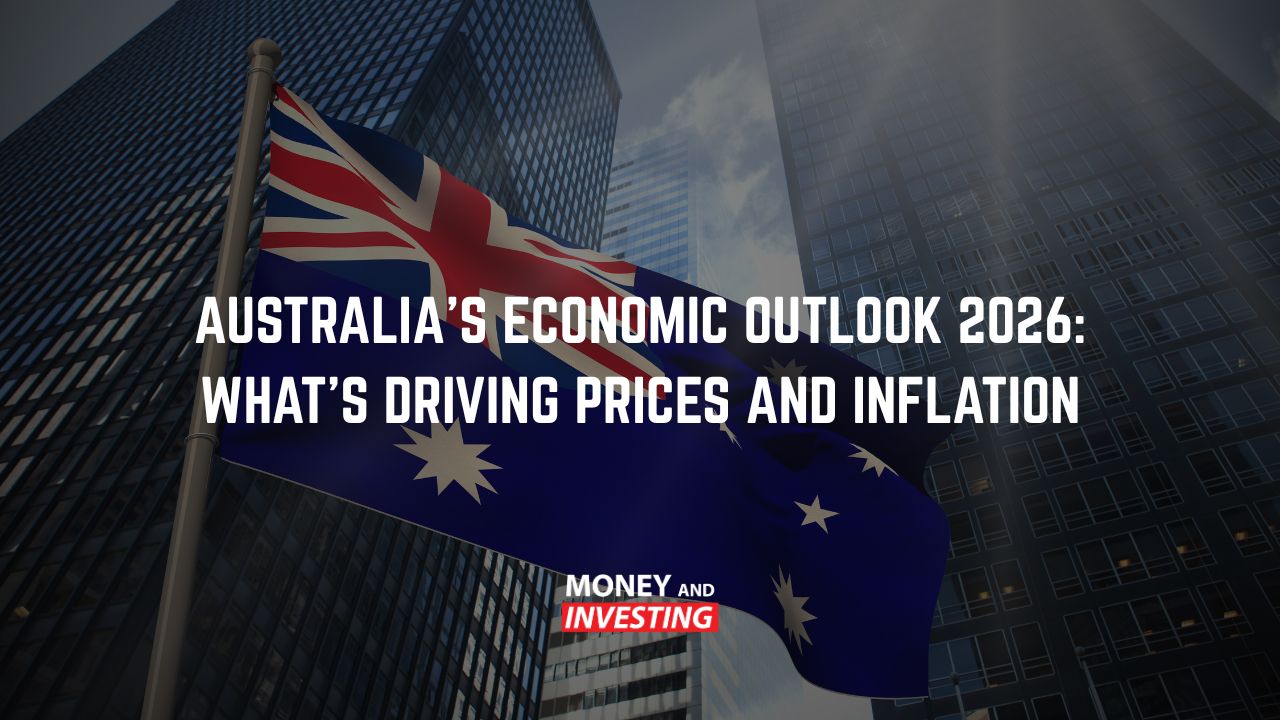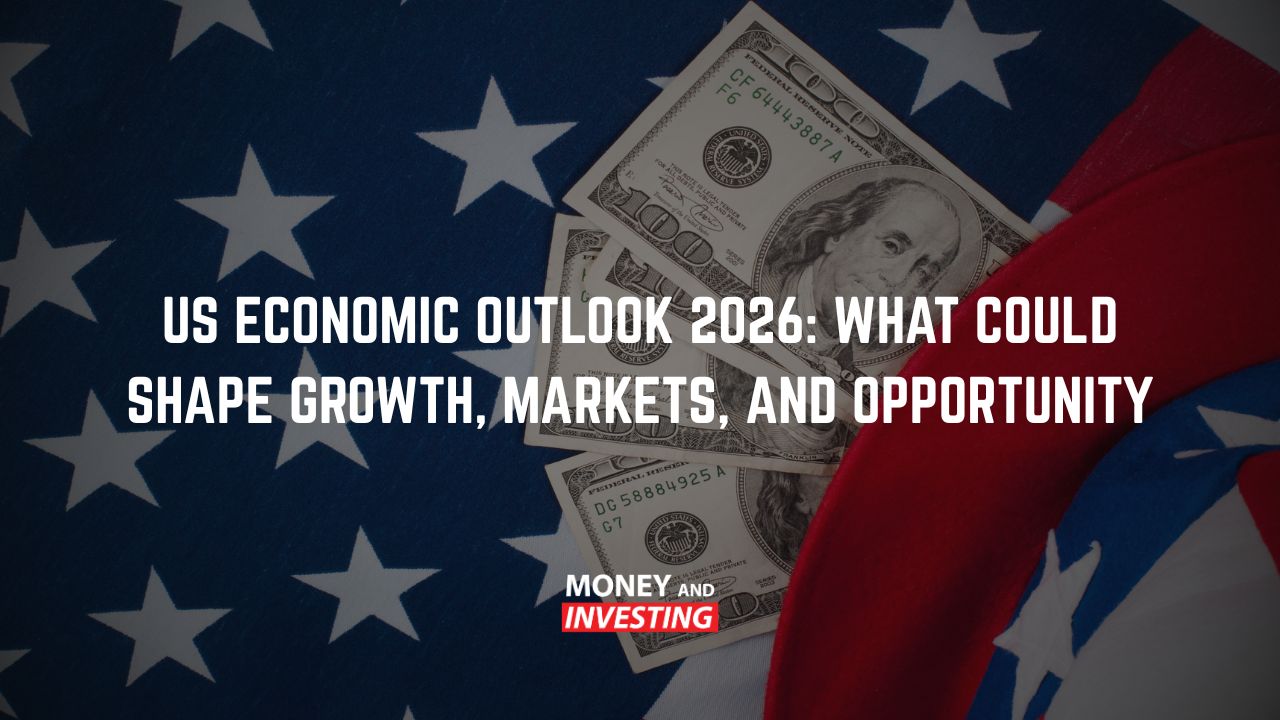In what is a hot potato property market with over-inflated prices and high barriers to entry. As we approach an election, we’re starting to see politics play a large part in our market. Here’s how the most recent property policies are affecting our market:
Property is Expensive, Like Really Expensive
It wouldn’t be an episode chatting about a property if we didn’t cover just how unaffordable it. And over-inflated property prices are right now. In what was covered in podcast episode number 26. And host Andrew Baxter makes mention of just how hard it is to get into the market. Now, we’re see over 64% of first homebuyers bankroll by Mum and Dad. To the average amount of a whopping $94,000 just to get them to start.
And with interest rates so artificially low. Also, we’ve seen the property market propelled to extremely overvalued levels. In what is has all-encompassing growth across regional. And urban areas in Australia. Now, over two thirds of Aussies own their own property – a staggering statistics considering the circumstances.
Property Investors are Going Gangbusters, Labour Party Drops Ball
Property market investors really have been the catalysts driving this market upwards. Why? The cost of borrowing is so cheap with interest rates so low, meaning investors have a perfect storm situation being able to gear up. And funnel equity from one property to another. Also, interestingly enough. The labour party for the last two elections have been pushing for an abolished negative gearing policy.
And concessions on capital gains tax which threatened this very strategy, to now doing a 180 degree turn. And completely dropping the ball. In what is arguably a ‘Donald Trump like’ election play based purely upon the popular opinion of voters. The Labour party now supports the exact opposite which has really only added fuel to the fire. Also, when it comes to buying up property.
If Interest Rates Rise
With the cost money being so cheap, many homeowners. And investors are simply over geared and overstretched. For example, if you were to move from a fixed 2-year rate of say 2-3% on your home loan to a variable rate – that’s at least going to be 1% or so higher, even in these conditions. The risk is, says host Andrew Baxter, is if interest rates rise given current prices. And low wage growth. This is coming and it’s due to one primary factor – inflation.
Yes, CPI has remained at relatively stable levels. However, if you look at the real cost of living (ie. filling up your car or paying for private health care) this has become prohibitively more expensive. When inflation pressures mount and thus interest rates rise. And the cost of servicing your debt becomes much more expensive. For anyone who’s over geared or overstretched – you’re going to have a hard time making those repayments.
The effect of this could be diabolical says Andrew Baxter as in the event people stop making repayments. Their homes are foreclosed and there’s no government stimulus to prop it up – we may be looking at the next crash in the housing market. As people enter what is a negative equity situation.
Capital Growth, Income & Managing Risk
For any investor, whether it be property, shares or fixed income. And you should have three very clear goals – growth in the asset value, yield (or income). And an ability to manage risk. Right now, the property market is a one-way bet. Given prices are so overvalue. And there is such a lack of wage growth – there is no yield on property anymore.
Additionally, there’s also no way to manage risk. And when it comes to owning an investment property. Thus, all you are really relying on is the thing going up in value. So how do you diversify and take some risk off the table amidst the hot potato property market? The answer – income from the stock market. In something like Andrew’s Cash Flow on Demand strategy you can generate an up-front. And immediate income from the stock market which can far supersede. That of the property market on an annualized basis – not to mention the ability to effectively manage risk. For anyone looking to explore their options, reach out to Australian Investment Education to learn more.



